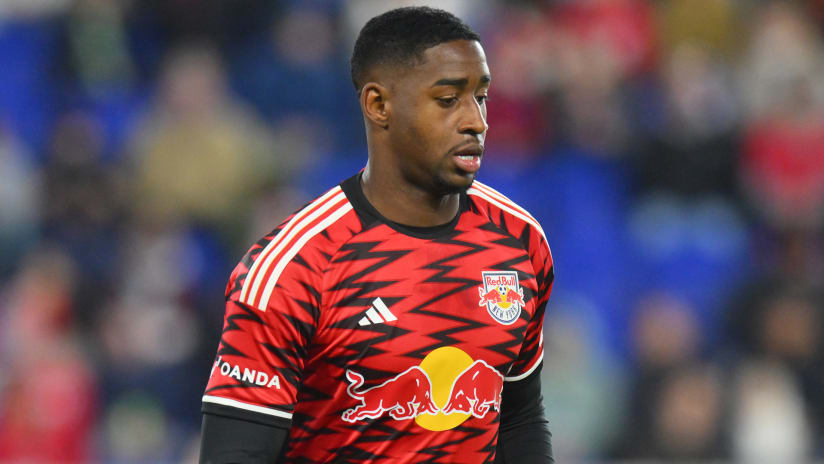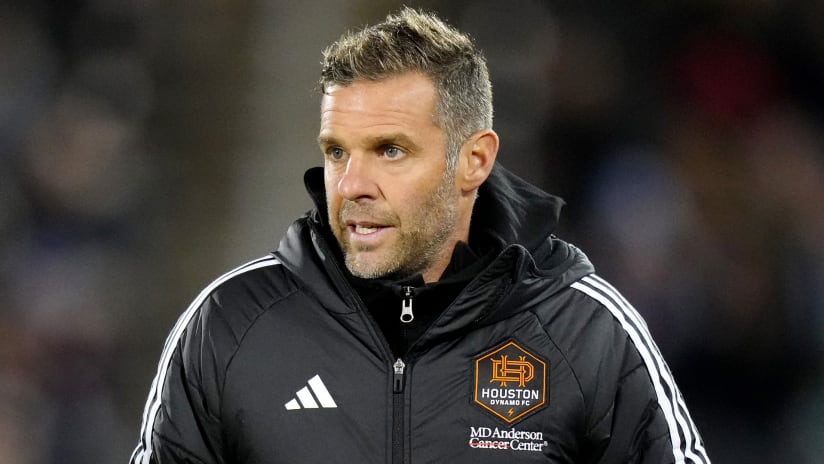The Dallas Burn's game in San Jose on August 21 wasn't one for the memory books, at least for Burn fans: a 3-0 loss to the two-time MLS Cup winners.
But what happened before the match kicked off is something of which sports fans everywhere should take note.
When the Earthquakes players came out for team introductions, they unfurled a banner, pleading with fans to "Keep us in San Jose". It was a reference to the long-rumored and now apparently impending discussions of relocating one of Major League Soccer's bedrock franchises.
Moving a sports team is usually an emotional bit of business, and we're not talking about the Cowboys moving from Dallas to Irving or the football Giants going to New Jersey.
Think of the angst involved when baseball's Dodgers and Giants pulled up roots and left New York for California. (Come to think of it, that was more than 40 years ago. Many of you may not have realized those teams weren't born in Los Angeles and San Francisco).
Perhaps you recall the outrage when the Baltimore Colts skulked to Indianapolis in the middle of the night. Or the slap a community felt in its face when the Houston Oilers became the Tennessee Titans. In Minnesota, they're still mad about their North Stars packing up the sticks and pucks and seeking greener pastures in Dallas.
It happens, but it's never pretty. But with the money most professional athletes are paid in North America today, the city they play in is frequently no more important to them than your office building is to you. If things don't go well, that's a shame, but there's always another million-dollar home in another zip code.
But for the most part, that's not soccer players. Not in MLS. They're not in this for the money, even though some of them are earning handsome wages. As a result, many of them develop deeper roots in the community than may happen in some other sports, and the result is the heartfelt expression by Earthquakes players to their fans.
Burn General Manager Greg Elliott understands the dynamic between players and fans in San Jose; he worked for the Quakes before coming to Dallas a year ago.
"When we had the ceremony after winning MLS Cup (last year)", Elliott recalls, "the guy who handed me the trophy was making $26,000. A lot of those guys were making less than the people in the stands. Soccer players here don't grow up with the mentality of making a lot of money and using that first contract to buy a house for mom. Some of them are making nice livings, but they're in MLS mostly because they have a great opportunity and they love the sport. They know they can establish their credentials here for clubs around the world and can play for their national team.
"By and large, I think MLS players develop deeper ties to their communities than is true across the board in other sports. They participate in the community. Many of them need to supplement their income and they may do it by coaching the city's kids. That makes it easy to imagine the difficulty if someone tells you you have to leave."
Elliott also has a basis for comparison with other sports. For four years beginning in the early 1990s, he was director of corporate marketing for baseball's Seattle Mariners.
"That was at a time when the future of the Mariners in Seattle was very much in doubt," he remembers. "A lot of the players were pretty overt in supporting whatever efforts there were to keep the team there. They liked it in Seattle and they didn't want to leave, and they made that known." But there were no unfurled banners during batting practice begging, 'Keep us in Seattle.'"
On a personal note, I happened to be broadcasting Texas Rangers games in the mid-'90s when the issue of building a new stadium for the Mariners was put to a public vote. I remember being at the Kingdome (R.I.P.) for a series at a time when that vote's results were made public. It was emotional, but the players weren't doing that kind of public lobbying.
And a couple of years ago, when the NBA moved the Hornets from Charlotte to New Orleans, there were no such public demonstrations by the players in North Carolina.
Knowing the Earthquakes players and coaches and the San Jose market as he does, Elliott is not surprised at the Quakes demonstration.
"There are a lot of guys who have made a real commitment to their lives there," he says. "Troy Dayak is an East Bay guy. The (Dominic) Kinnear family has a long soccer presence in Fremont."
People who have long observed the scene in San Jose, not just Elliott, believe two things: that San Jose is an area where the sport could still be a big hit if the right stadium opportunity presented itself, and that that is not likely to happen. Most likely, the Earthquakes' days in San Jose are numbered.
But you'll have to look a long time to see the kind of bonding that happens between a community and its players in this sport.
Those of us who have been around them a long time believe that soccer players in the USA are different. The Earthquakes simply offer the latest proof.
Brad Sham is in his seventh season doing play-by-play for Dallas Burn television broadcasts.










